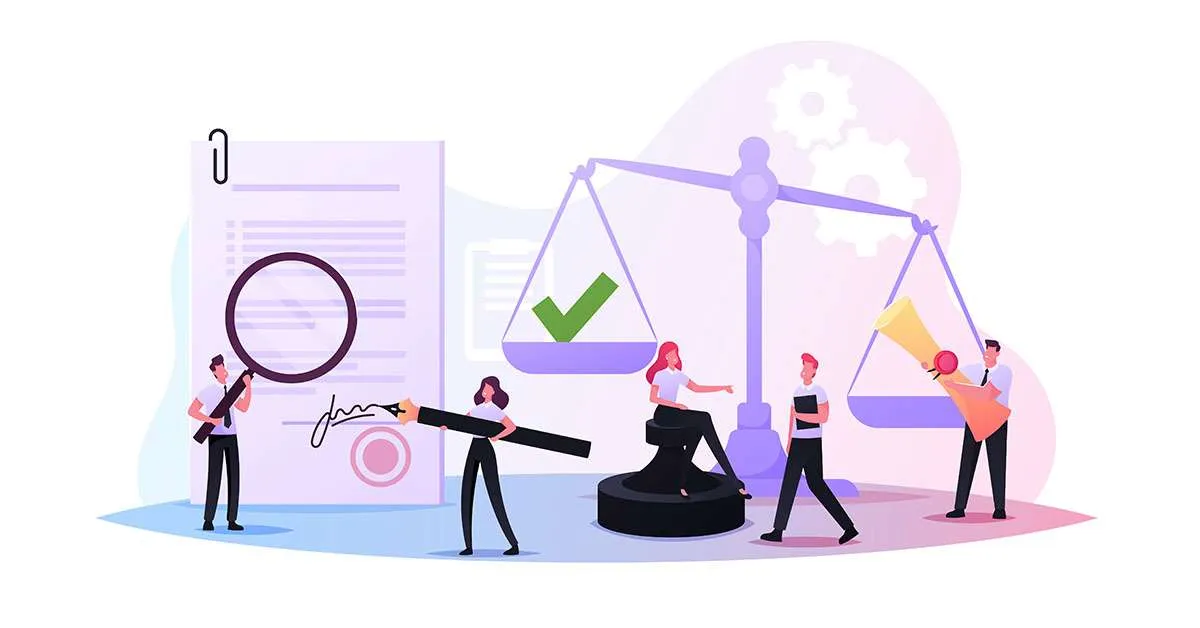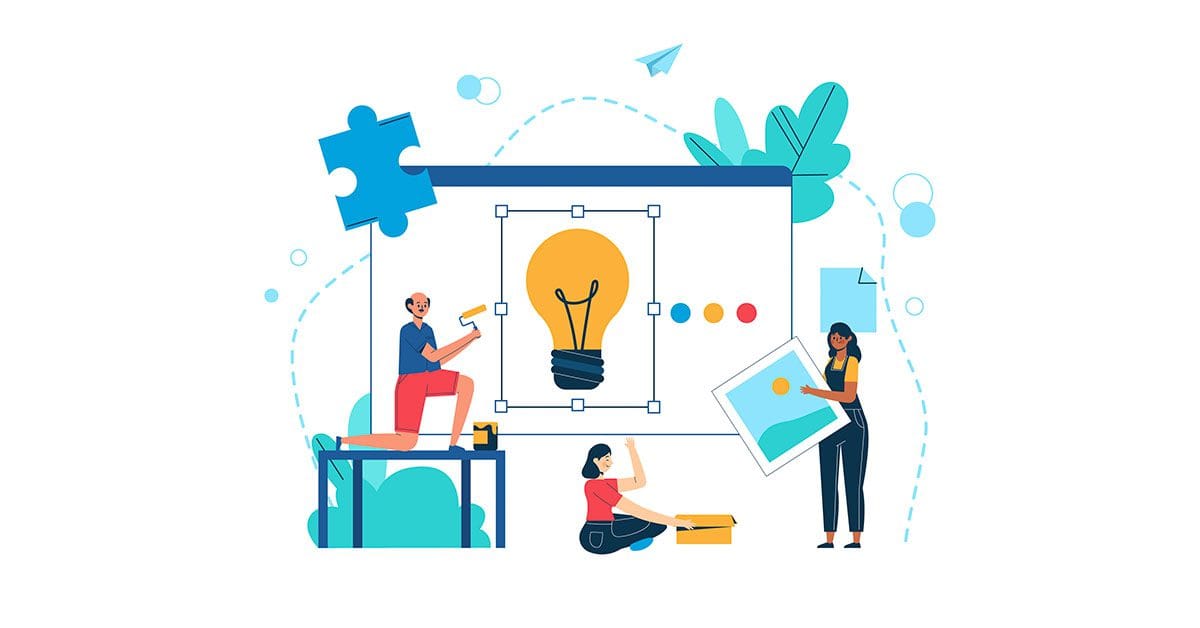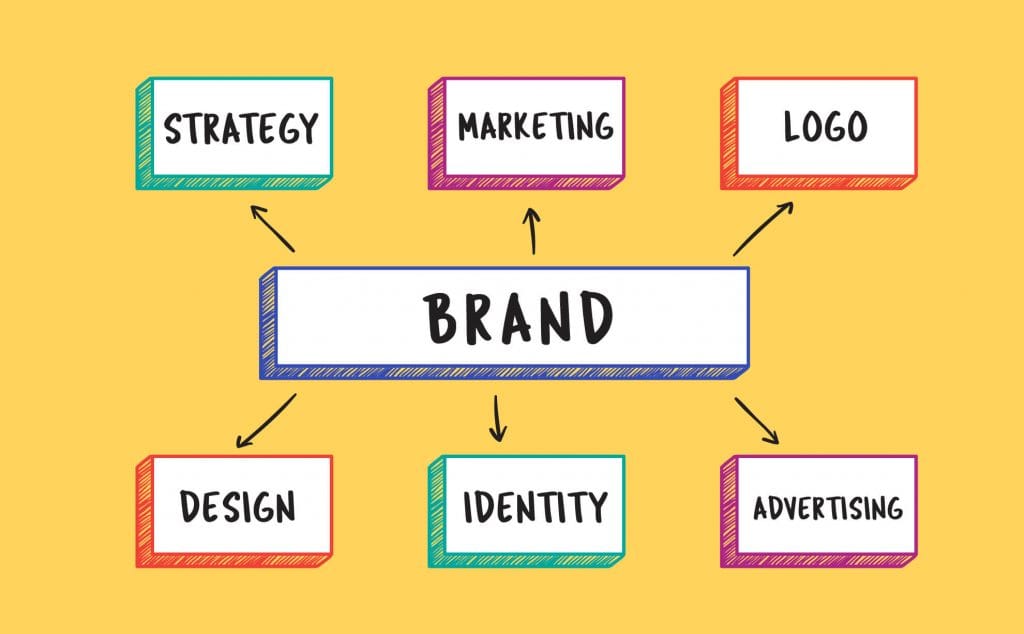
Introduction
In today’s dynamic business landscape, agencies and clients often seek long-term collaborations that foster sustained success. One of the most effective ways to structure these relationships is through retainer agreements. But what exactly are retainer agreements, and how can they benefit both agencies and clients?
In this article, we’ll explore the advantages of retainer agreements, how they work, and why they’re a powerful tool for fostering strong, lasting business relationships. Whether you’re an agency owner or a client, understanding the power of retainers can be the key to stability, growth, and success.
What is a Retainer Agreement?
A retainer agreement is a contract between a client and an agency (or service provider) in which the client agrees to pay a fixed fee on a recurring basis for services rendered over a specific period. Unlike one-off project work, retainer agreements ensure that the client has ongoing access to the agency’s expertise, resources, and services.
In essence, a retainer creates a continuous partnership between the client and the agency, providing stability and predictability for both parties. Retainers can be monthly, quarterly, or annual, depending on the agreement’s scope and the services involved.

Why Agencies Love Retainer Agreements
1. Predictable Revenue Stream
One of the most significant benefits of retainer agreements for agencies is the predictable revenue stream. Instead of relying on sporadic projects or one-off clients, agencies can count on a steady flow of income from retained clients. This consistent revenue allows agencies to plan and allocate resources more effectively.
For example, an agency that secures a monthly retainer agreement with a client can predict how much income it will generate each month, enabling better financial planning and growth.
2. Long-Term Relationships and Loyalty
Retainer agreements foster long-term relationships between agencies and clients. When both parties commit to a retainer contract, the relationship evolves beyond transactional work into a deeper, more strategic partnership. This helps agencies build client loyalty, resulting in higher retention rates.
Clients benefit from a deeper understanding of their business needs over time, while agencies can tailor their services and strategies to continually meet those needs.
3. Better Resource Management
With a retainer agreement, agencies can allocate resources more efficiently. They have a clearer idea of the amount of work expected over a set period, which allows them to plan for staffing, project timelines, and deliverables. This can improve both operational efficiency and client satisfaction.
For example, an agency that handles ongoing social media marketing for a client under a retainer agreement knows exactly how much time and effort to allocate to the client’s needs each month, allowing the agency to deliver quality services on time.
4. Opportunities for Upselling and Cross-Selling
Since retainer agreements create ongoing relationships, agencies have opportunities to upsell and cross-sell additional services. When a client sees consistent results and builds trust in the agency’s expertise, they may be more inclined to invest in new services that enhance the value they receive.
For example, an agency providing branding services under a retainer may later offer SEO, content creation, or digital marketing services, allowing both parties to benefit from a more comprehensive solution.
Why Clients Love Retainer Agreements
1. Access to Expert Services on Demand
With a retainer agreement, clients have on-demand access to an agency’s expert services. Instead of waiting for availability or hiring different agencies for specific needs, clients can access a trusted team of experts who are already familiar with their brand and business.
For example, a client who has a monthly retainer with an agency for website maintenance or SEO services doesn’t have to worry about seeking out new providers every time they need an update or optimization. They have a dedicated team ready to assist.
2. Consistent Quality and Strategic Focus
Clients benefit from consistent quality and a more strategic approach. Because the agency understands their long-term goals, the services provided will align more closely with the client’s overall business objectives. This level of continuity and strategic focus can lead to more effective results compared to one-off projects.
For example, a digital marketing agency working with a client on a retainer basis can continuously refine their marketing strategies based on results, ensuring that the campaigns stay relevant and high-performing.
3. Cost-Effectiveness and Budget Control
While it might seem that retainer agreements are more expensive initially, they can actually be more cost-effective in the long run. Clients often receive a discounted rate for committing to an ongoing contract, which can reduce the overall cost of services compared to paying for individual projects.
Additionally, retainer agreements often provide predictable monthly costs, allowing clients to better manage their budgets and avoid unexpected expenses. This can be especially beneficial for businesses looking for stability in their financial planning.
Best Practices for Agencies Offering Retainer Agreements
1. Clear Scope of Work
When setting up a retainer agreement, it’s crucial to clearly define the scope of work. This ensures both parties have realistic expectations about the services included and what will be delivered each month. Having a detailed agreement can prevent misunderstandings and ensure that both the agency and client are on the same page.
2. Regular Communication
Regular communication between the agency and client is key to a successful retainer agreement. Establish consistent check-ins, whether through monthly meetings or reports, to review progress, discuss new goals, and address any challenges. This keeps the relationship strong and ensures both parties are aligned.
3. Flexibility for Evolving Needs
Businesses grow and evolve, and so do their needs. A successful retainer agreement allows for flexibility. Agencies should be open to adjusting the services they provide based on the client’s evolving goals and challenges. This adaptability can help ensure a long-lasting and fruitful partnership.
Conclusion
Retainer agreements are a powerful way to foster long-term, mutually beneficial relationships between agencies and clients. For agencies, they provide a predictable revenue stream, opportunities for upselling, and improved resource management. For clients, they offer consistent access to expert services, strategic focus, and cost-effective solutions.
By committing to a retainer agreement, both agencies and clients can enjoy stability, collaboration, and continuous growth. If you’re an agency looking to secure retainer contracts or a client seeking ongoing support, consider the benefits of this powerful business model.
At Untypical Co., we specialize in helping businesses create sustainable, long-term partnerships through customized retainer agreements. If you’re interested in learning how a retainer agreement can benefit your business, contact us today!





